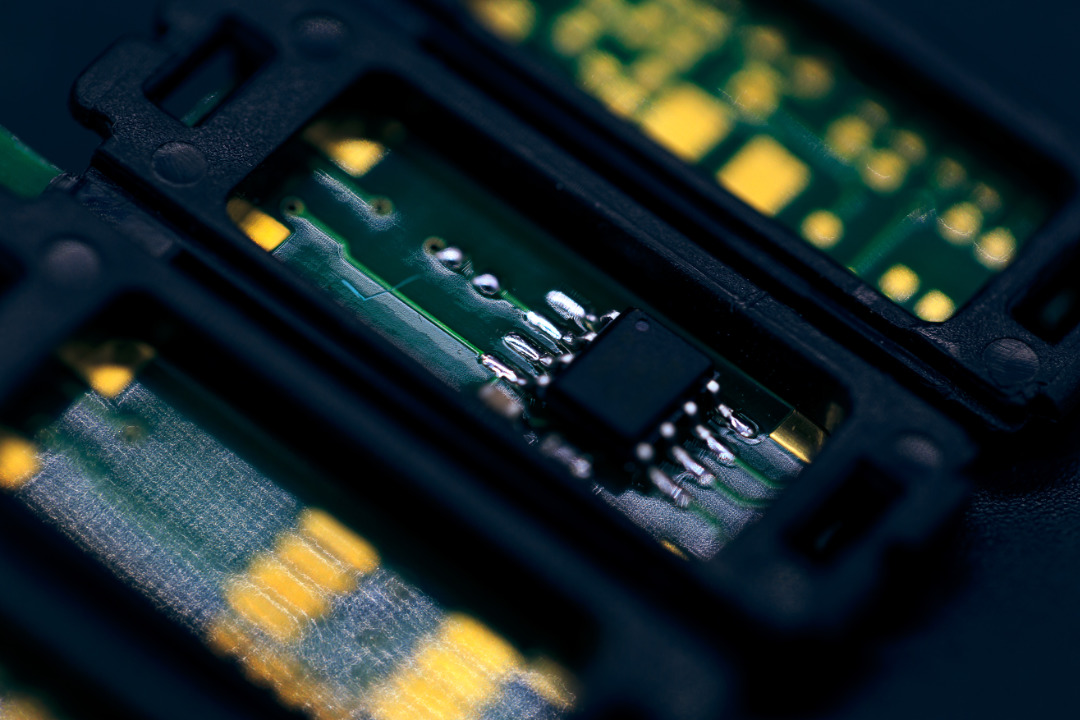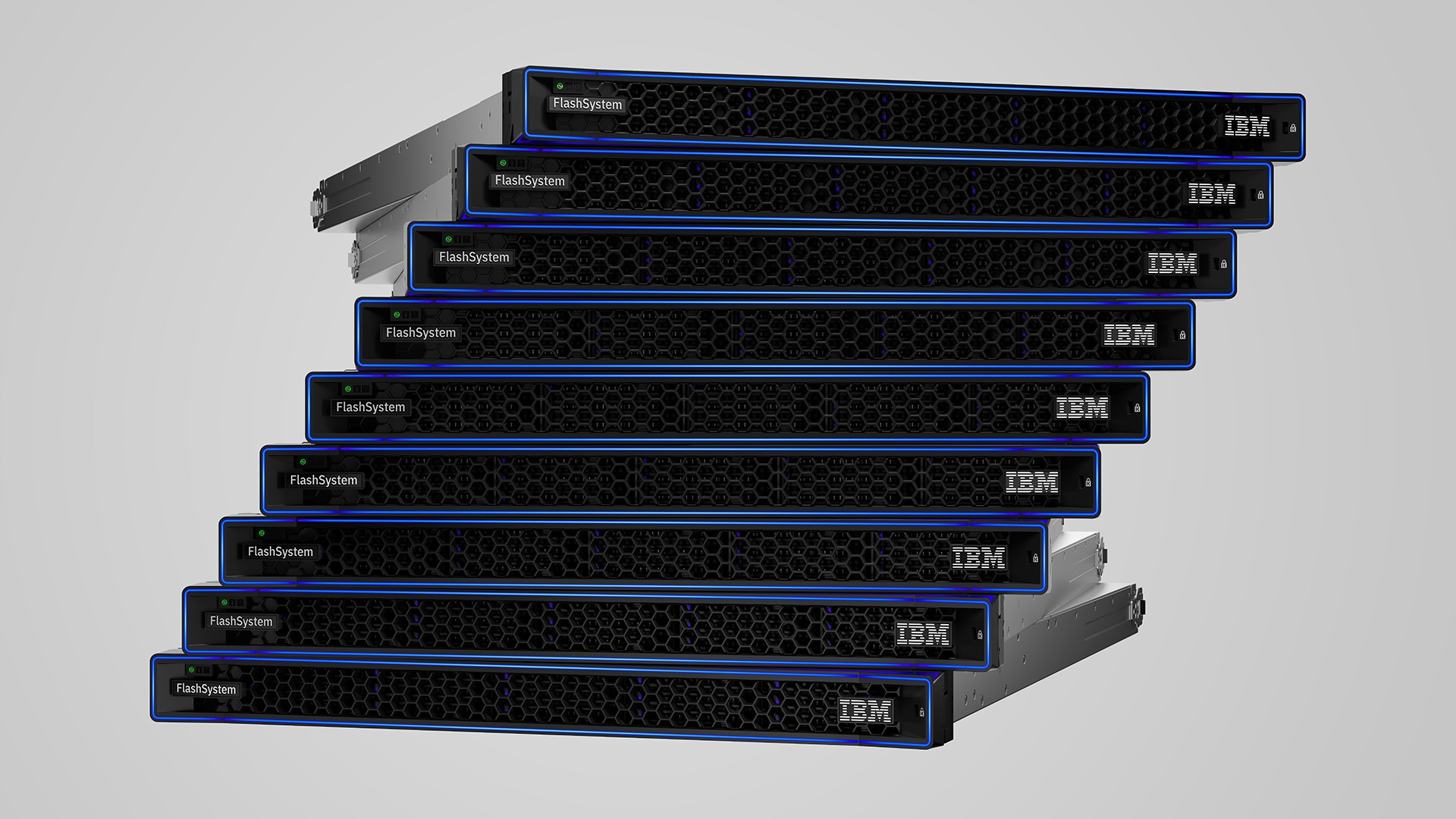Every week NAND Research puts out a newsletter for our industry customers taking a look at what’s driving the week, and what happened last week that caught our attention. Below is a excerpt from this week’s, March 30, 2025.
Driving the Week
This week Intel is hosting its annual, while the CNCF’s KubeCon London event brings together the European cloud-native community – expect lots of interesting announcements there.
Heard & Overheard
Custom AI chips are all the rage – and a big cost driver for hyperscalers, which is why it wasn’t a surprise to hear that Meta made an offer to buy South Korean fledgling AI chipmaker FuriosaAI. Word is that Furiosa rejected a $800 million offer from the social media giant, preferring to go it alone. FuriosaAI was founded in 2017 and is focused on inference accelerators.
NVIDIA looks to extend its GPU provider portfolio, with reports that it’s interested in buying Lepton AI in a deal worth “several million” dollars. Lepton is what’s becoming known as a “inference provider,” but instead of running its own data centers it rents GPU-enabled servers to AI-hungry customers. There’s been no comment from either company.
Legal Wranglings
Treat your customers with love, that’d be our advice to Broadcom, which is suing industrial giant AG Siemens for using what it claims is unlicensed VMware software after a contentious license renewal led Siemens to threaten Broadcom. We’ll keep an eye on this one, and the actual complaint makes for interesting read for VMware-watchers.
Be nice to your competitors too, or at least take losses in stride. IBM and BMC have been in a long-running legal dispute after IBM displaced BMC’s mainframe software at AT&T. While BMC won the court case back in 2022, with IBM ordered to pay a then-historic $1.6 billion in damages, the judgement was overturned in 2024 (apparently over dictionary definitions of “displace” and “discontinue” – according to the complaint).
Nobody wants to walk away from $1.6 billion, so it was natural for BMC to appeal to the Supreme Court, which this month upheld the reversal. IBM doesn’t have to pay anything. There’s no word on who AT&T uses today.
Newspapers are allowed to sue AI companies over copyright, according to a ruling by a federal judge in the on-going dispute between OpenAI and a collective of newspaper publishers led by the New York Times, and including the NY Daily News and the Center for Investigative Reporting.
OpenAI had asked for a dismal, which the judge rejected. It looks like this one’s heading to trial – a bellwether case that will guide how to look at copyright in the age of AI training.
Enterprise AI
Everyone was watching the market Friday as high-flying GPU-cloud provider CoreWeave attempted the largest tech IPO since 2021. The company raised $1.5 billion, less than it hoped when it priced shares at $40, well under the expected $47-60 price.
Early investor NVIDIA anchored the IPO with a $250 million buy-in, but the timing was simply bad, fighting the macro (as the finance guys would phrase it) and launching into a NASDAQ that fell 3% that day. We’ll have to watch this one play out of time.
More AI data centers are coming to America, as chipmaker-with-a-cloud-business Cerebrus Systems announced it’s building six new “AI inference data centers” across the country, with machines powered by its own Cerebras Wafer-Scale Engines.
This news arrives along with reports that Microsoft is canceled data projects set to use 2 gigawatts of capacity across the US and EU.
Deal Watch
Closure, at last, as Siemens completes its acquisition of Altair Engineering.
Expanding its portfolio, investor SoftBank announced that its buying struggling Arm-based server processor maker Ampere Computing for a reported $6.5 billion. We think SoftBank is buying Ampere as an entrée into the lucrative – and growing – custom processor business.
NVIDIA also continues its run of acquisitions, this time buying synthetic data start-up Gretel in a “nine-figure” deal. Using synthetic data allows model builders to perform targeted training, especially where open-source data isn’t always available.
Transitions
From CEO to Venture Capitalist, former Intel CEO Pat Gelsinger is joining Playground Global as a General Partner. Never one to do just one thing, Gelsinger is also joining “faith-based” technology company Gloo as its Executive Chairman and “Head of Technology.”
Newly public, CoreWeave expands its board, bringing on industry legendMeg Whitman as an independent member of its Board of Directors. Most recently the US Ambassador to Kenya in the Biden administration, Whitman is best known for her stint as CEO of HP, where she split the company in half: HP and HPE. She went on to lead HPE as CEO.
A new CTO for Cyber-security startup Clarotv, naming Amir Preminger for the role. This is a promotion for Preminger, moving over from his current VP role within the company.
What We’re Reading
How much do you really want to know about your date? Another week, another story about the challenges of integrating AI into your social life, with Financial Times columnist Jemima Kelly pondering the age-old question: My Date Used AI to Psychologically Profile Me, Is that OK?
She descsribes how, on a recent first date, that “Not only had he googled me before our first encounter, but he had also asked ChatGPT’s new ‘deep research’ tool to, well, deep research me, and come up with a psychological profile. An eight-page psychological profile.”
Perhaps stating the obvious, the Wall Street Journal reports that There’s a Good Chance Your Kid Uses AI to Cheat.
Finally, NY Times tech columnist Kevin Roose believes that these sorts of things all support his thesis that Powerful AI is Coming; We’re Not Ready.
Companies mentioned: AG Siemens, Altair Engineering, Ampere Computing, Arm, AT&T, BMC, Broadcom, Broadcom, Cerebrus, Clarotv, CNCF, CoreWeave, FuriosaAI, Gretel, IBM, Intel, Lepton AI, Meta, Microsoft, NVIDIA, OpenAI, Playground lLobal, Siemens, SoftBank, VMware





